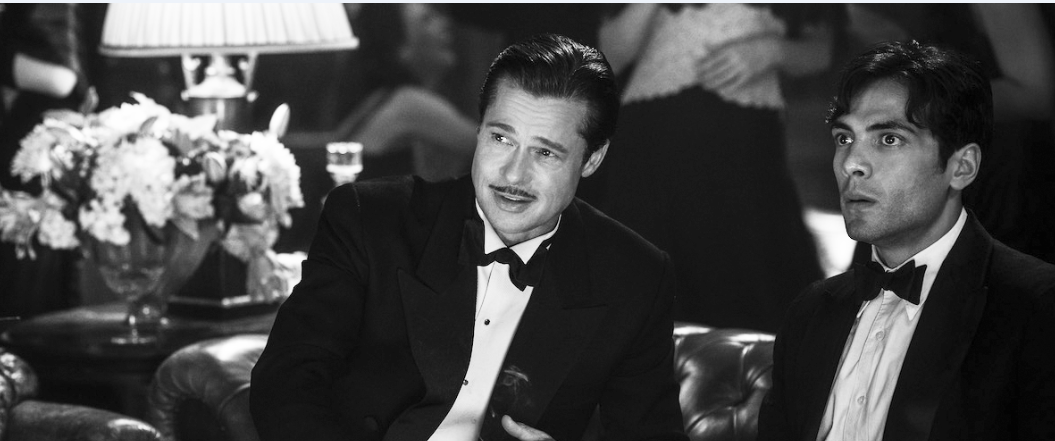Babylon Gives a Nuanced Perspective on the Film Industry

Chronicling the transition from silent films to sound, Damien Chazelle’s latest directorial outing Babylon exudes the fast paced, chaotic, and excessive nature of filmmaking during the roaring ‘20s. The first sequence reflects this as Chazelle gives us a long take, focusing on every corner of a cocaine-induced, sex-filled party in Bel Air which only becomes more over the top as an elephant is brought into the picture to jazz things up. Immediately, the attention to detail when it comes to the historical accuracy of the costumes and set design, as well as Chazelle’s own talent in coordinating waves of extras, is evident. The score headed by Justin Hurwitz is consistently energetic, and further reflects the fast moving nature of the film industry.
But underneath the exuberant set pieces and flashy presentation is a profound look at image and how an industry can take advantage of its frontrunners’ desire for fame. Two up and comers in the film world, Manny Torres (Diego Calva) and Nellie LaRoy (Margot Robbie), thrust themselves into filmmaking as Manny becomes an executive after working under famed actor Jack Conrad (Brad Pitt) and Nellie becomes a famous actress in her own right. Both of them, along with Jack, have their
Pitt, are at their A-game and deliver some outstanding performances. The story rocks these characters back and forth between success and failure, and to see the three leads take on this emotional turmoil is very impressive and helps to ground the script’s more offbeat ideas.
Film production is at the core of Babylon and as a result the romance between Manny and Nellie own rise and fall stories which become intertwined with one another. Seeing how they all deal with failure in their own way as the industry progresses into the 1930s without them really helps to flesh out each of their characters and further illustrate why they’re a part of the film industry in the first place.
The main trio playing these characters, Calva, Robbie, and comes across as afterthought at many points, leaving parts of the film feeling unfocused with how poorly their romance is handled. Both characters simply don’t spend a majority of the three-plus hour runtime building their relationship which leaves their motivation for wanting to be with each other rather shallow. The plot also splinters toward the middle of the film, with very little through-line, making especially the back half feel rather messy.
So while not the most structurally sound when it comes to its narrative, Babylon is still a wildly entertaining examination of the anarchy that the 1920s film industry wore so proudly on its sleeve. It’s by no means a conventional love letter to cinema, but a necessary look into how an industry that seems so magical on the surface can be just as cutthroat and morally bankrupt as any other.
Grade: B